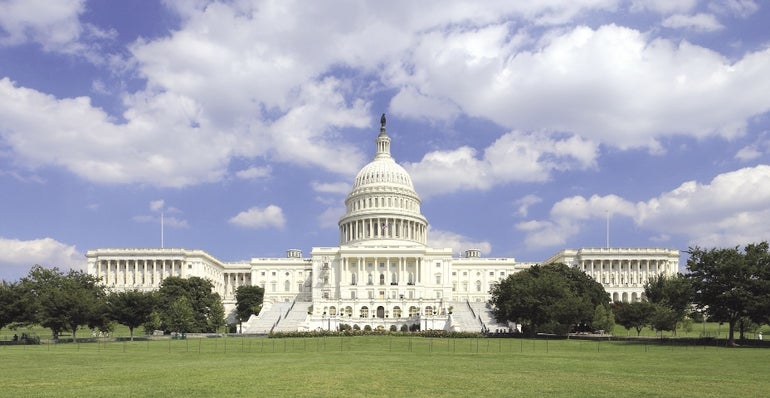$367B federal loan program leads business relief efforts
 Photo/Martin Falbisoner
The Capitol building in Washington, D.C.
Photo/Martin Falbisoner
The Capitol building in Washington, D.C.
Ever since mid-March when it became abundantly clear the efforts to stem the spread of the coronavirus would result in significant losses for Central Massachusetts businesses and lead to widespread layoffs, governments and industry officials have offered up relief efforts large and small in order to mitigate the hit to the economy.
The first significant effort came on Monday, March 16 when Gov. Charlie Baker announced the quasi-government agency Massachusetts Growth Capital Corp. would provide loans of up to $75,000 to small businesses. MGCC was given $10 million to provide for those efforts, and the agency had to close the application process after three days, as it was overwhelmed with applications and it was clear the federal government would soon provide much more substantial relief.
That has come in the form of the Coronavirus Aid, Relief, and Economic Security Act, a $2-trillion effort to prop up the economy for a few months while everyone adjusts to the new reality. Among the CARES Act provisions of direct payments to U.S. residents, expanding unemployment benefits and a bailout to airlines is a $367-billion small business relief effort designed to encourage companies with 500 or fewer employees to maintain their payrolls and avoid layoffs.
According to the Senate version of the bill, this $367-billion effort is largely run through the U.S. Small Business Administration and local banks, providing loans of up to $10 million to small businesses to cover expenses like payrolls, healthcare costs, and pre-existing debt payments from March 1 to June 30.
A portion of these loans are forgivable, too, if businesses meet certain conditions, most notably avoiding layoffs and keeping their payrolls roughly equal to what they were before the coronavirus pandemic hit.
These provisions of the CARES Act were in the bill which passed the U.S. Senate just before midnight on March 25. The measure had yet to be taken up by the House of Representatives as of press time for WBJ, but House leaders had indicated they would approve the effort before sending it off for President Donald Trump’s signature.
Other efforts
While the federal stimulus provides the most potential money to businesses in Central Massachusetts, other efforts have been made to help companies and nonprofits survive the pandemic’s impact.
The North Central Massachusetts Chamber of Commerce is providing emergency loans of up to $20,000 for small businesses negatively impacted by the coronavirus.
The City of Worcester is making available $10,000 grants to city businesses, for up to $500,000 in total aid.
On top of the CARES Act provisions, the SBA is offering low-interest federal disaster loans for working capital to Central Massachusetts small businesses suffering substantial economic injury due to the coronavirus.
The Worcester Regional Chamber of Commerce decided to extend its services to all businesses in the region, regardless of membership.
Massachusetts announced tax relief efforts, postponing the collection of regular sales tax, meals tax, and room occupancy taxes due in March, April and May. Instead, they will be due on June 20. All penalties and interest that would otherwise apply will be waived.
WBJ News Editor Grant Welker contributed to this report.












0 Comments